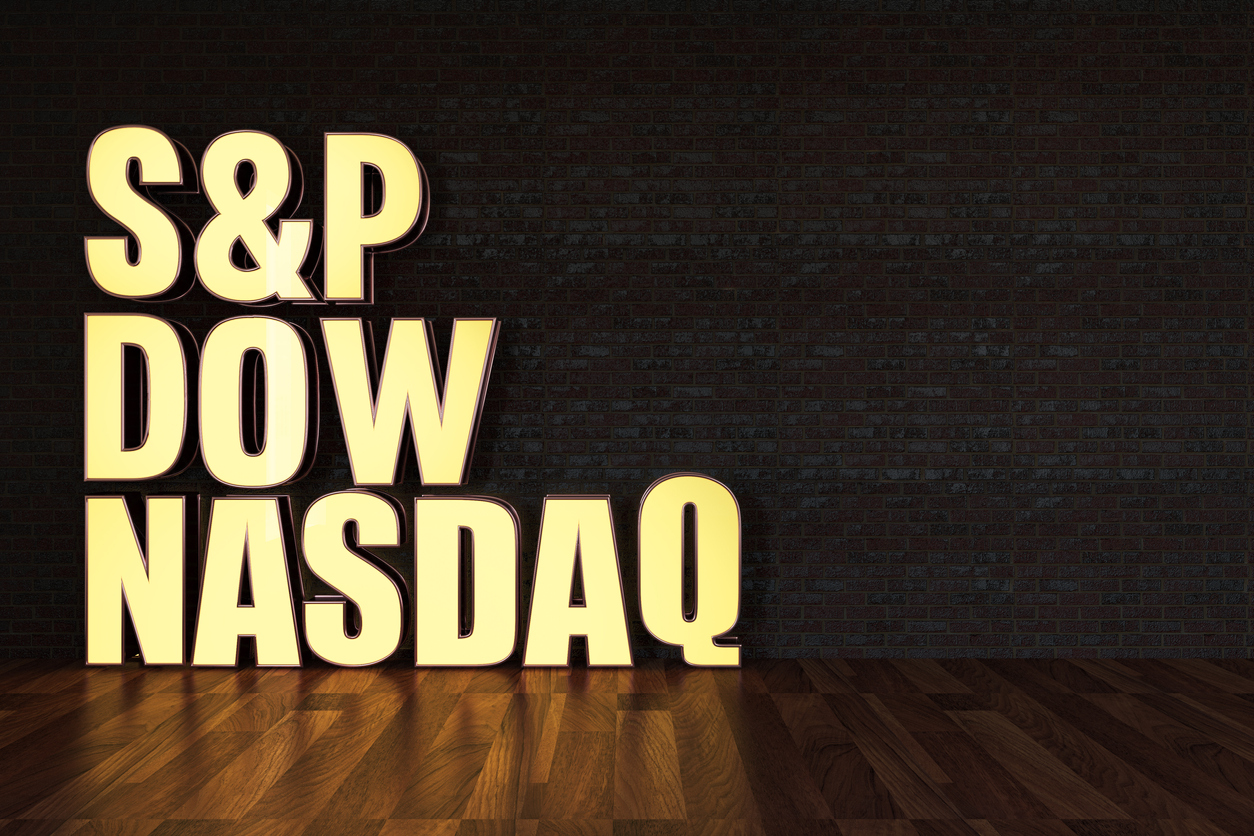
What’s the Difference Between the Dow, S&P 500, and NASDAQ?
You hear it every day when you turn on the news – some variation of: The Dow closed at 34,000 today. The S&P closed at 4,433. The NASDAQ rose 1.6% as tech shares…
You know all those terms refer to “the stock market.” But what, exactly, do they mean? Why is the Dow always so much higher than the S&P? Does that mean it’s better? And what makes the NASDAQ different from the others?
The good news is that the answers to these questions are really quite simple. We just need to define some terms!
The Dow, S&P 500, and NASDAQ Composite are all indexes. An index tracks the performance of a group of securities, like bonds or – in this case – stocks. Indexes are handy tools because they enable investors to compare current price levels for different segments of the market with past ones, so they can measure performance over time. Some indexes track extremely narrow segments of the market, like companies of a specific size or sector. Others are much broader.
What makes the Dow, S&P 500, and NASDAQ different from one another is what each index measures. So, let’s take each one at a time.
Dow Jones Industrial Average:
This index tracks the performance of 30 of the most prominent companies listed on stock exchanges in America. (As of this writing, think Apple, Coca-Cola, and Walmart, among others.) Because it is so narrow, the Dow isn’t always a good indicator of how the overall stock market is doing. But because the companies inside the Dow are so important or well-known, many people have money invested in them. That’s why the media pays so much attention to how the Dow is doing.
S&P 500:
This index measures 500 of the largest companies listed on American stock exchanges. (Quick note: A stock exchange is where traders actually buy and sell stocks. The New York Stock Exchange is the biggest and most famous, but there are many exchanges across the world.) Because the S&P 500 tracks so many more companies than the Dow, across a broad range of industries, it is often considered a more reliable snapshot of the overall economy than the Dow.
NASDAQ Composite:
This index tracks nearly all the stocks listed on the Nasdaq Stock Exchange and is heavily weighted toward technology companies.
There are plenty of other indices, too. For example, one of the most important is the Russell 3000: You don’t hear about Russell as much as the previous three, but this index represents nearly the entire U.S. stock market. It includes 3,000 of the country’s largest publicly held companies. (There are also Russell 1000 and Russell 2000 indices.)
S&P/TSX Composite:
This is the most important index in Canada. It tracks the performance of the 250 largest companies listed on the Toronto Stock Exchange. You can think of it as the Canadian equivalent of the S&P 500.
Let Hennion & Walsh Offer a Second Opinion
Curious to learn more? Our unmatched client experience will give you peace of mind. Just as you may seek a second opinion about your health, we believe successful investors can gain value and peace of mind by getting a second opinion on their financial health. So, whether you’re worried about today’s uncertain economic environment or looking for increased peace of mind, we can help. Get a complimentary second opinion on all your retirement accounts not held at Hennion & Walsh today!
Hennion & Walsh Experience
We have investment professionals, planners and portfolio managers that can collectively analyze your situation through the lens of their respective disciplines. Each member brings valuable insights to apply to your situation. Whether you are looking for income strategy guidance or growth strategy guidance, a second opinion of all your retirement accounts not currently held at Hennion & Walsh could be beneficial to your financial health.
Disclosures:
Hennion & Walsh Asset Management currently has allocations within its managed money program, and Hennion & Walsh currently has allocations within certain SmartTrust® Unit Investment Trusts (UITs) consistent with several of the portfolio management ideas for consideration cited above.
Past performance does not guarantee future results. We have taken this information from sources that we believe to be reliable and accurate. Hennion and Walsh cannot guarantee the accuracy of said information and cannot be held liable. You cannot invest directly in an index. Diversification can help mitigate the risk and volatility in your portfolio but does not ensure a profit or guarantee against a loss.




